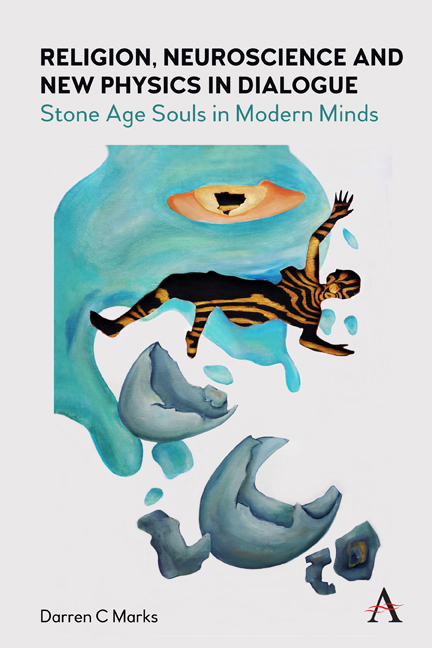Book contents
- Frontmatter
- Dedication
- Contents
- Preface
- 1 Stone Age Souls
- 2 Modern Minds—Education to Reality?
- 3 Multiverses or the Home of God?
- 4 Three Great Errors: Deconstructing Nature, Naturalism and Scientism: Fictions or Delusions?
- 5 Returning the Soul: Fictions or Illusions?
- 6 Can We Be Good? What Models Do We Have?
- 7 Concluding Postscript or We’re Okay?
6 - Can We Be Good? What Models Do We Have?
Published online by Cambridge University Press: 25 March 2023
- Frontmatter
- Dedication
- Contents
- Preface
- 1 Stone Age Souls
- 2 Modern Minds—Education to Reality?
- 3 Multiverses or the Home of God?
- 4 Three Great Errors: Deconstructing Nature, Naturalism and Scientism: Fictions or Delusions?
- 5 Returning the Soul: Fictions or Illusions?
- 6 Can We Be Good? What Models Do We Have?
- 7 Concluding Postscript or We’re Okay?
Summary
Where questions of religion are concerned, people are guilty of every possible kind of insincerity and intellectual misdemeanor. Philosophers stretch the meaning of words until they retain scarcely anything of their original sense; by calling “God” some vague abstraction which they have created for themselves, they pose as deists, as believers […] although their God is nothing but an insubstantial shadow and no longer the mighty personality of religious doctrine.
Of the writing of many books in the last decades on the “fate of reason,” “modernity” and theology's insipient contributions to their demise seem to have no end. Equally the bell tolls for the university humanities and there is likewise a surplus of academic work on the transitory and contingent nature of what was once thought of as modernity's invariant principles of rational inquiry, now nakedly exposed as custom, hegemony and other pestilences and therefore openly hostile to any apposite “Other” in terms of economics, politics, race or gender.
The landscape is well-mapped. This is the entire postmodern/postcolonial world in which Western academics, religion and life now live within. Interestingly, both religion and science are problematized but for different reasons.
The standard story is as follows. A nexus of complex interactions—in thought, geo and local politics, economics and religion—contributed to the rise of a way of thinking variously called the Enlightenment or modernity that assumed it possible to have an objective (and therefore impartial) point of critique that, if followed, promised, and has indeed given much, in terms of, human freedom, knowledge and even peaceable lives. This eristic promise ultimately placed the contingent individual self as singular, as a common anthropological reference to the nature of human and non– human beingness. From this new “self as ontological incarnation” of human ideality (and my choice of Louis Dumont's problematic term is intentional), the human person, or a community of knowing selves (primarily as scientists but also as Wissenschaft in general), able to summon, judge and therefore discover the true nature of reality. Finally, we break the old world of the medieval and ancient to rebuild and find authority only in the products of our own hands.
- Type
- Chapter
- Information
- Religion, Neuroscience and New Physics in DialogueStone Age Souls in Modern Minds, pp. 101 - 118Publisher: Anthem PressPrint publication year: 2021

